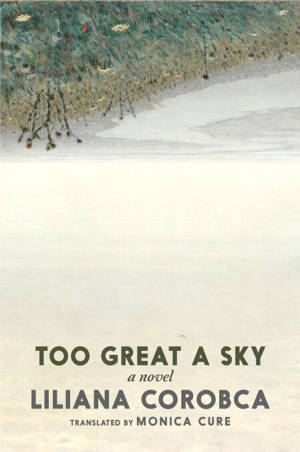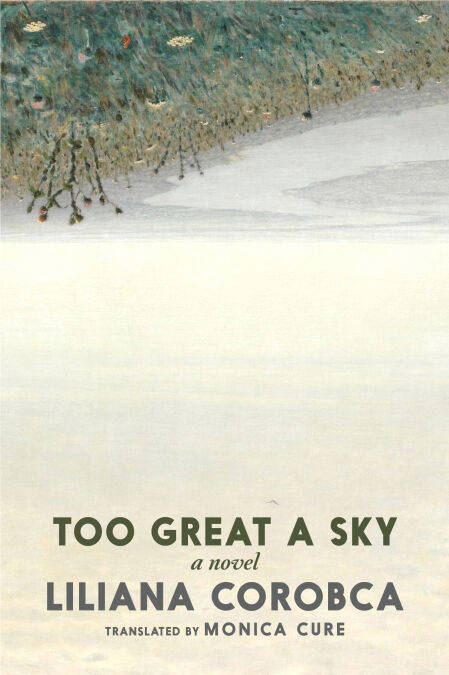
- Afhalen na 1 uur in een winkel met voorraad
- Gratis thuislevering in België vanaf € 30
- Ruim aanbod met 7 miljoen producten
- Afhalen na 1 uur in een winkel met voorraad
- Gratis thuislevering in België vanaf € 30
- Ruim aanbod met 7 miljoen producten
Zoeken
Omschrijving
The story of the deportation of Romanians from Bucovina to the steppes of Siberia, an exercise in historical memory and a powerful story of maintaining humanity in impossible conditions.
A new novel from Liliana Corobca and her translator Monica Cure, winner of the Oxford-Weidenfeld translation prize.
Ana is eleven when the Soviet soldiers send her from Bucovina, Romania, to Kazakhstan. She is just one of many forced to leave behind her home and make the three week long journey via train. The trip is a harsh, humiliating one, but in spite of the cold and the closeness of death, life persists in the boxcar in the form of storytelling, riddles, and ritual. Years later, Ana recalls her childhood for her great granddaughter, who is considering moving her to a nursing home. Her story, told with unflinching candor, is a chronicle of a life lived during a time of great political and national change, a story of an existence defined and curtailed by lines drawn on a map.
The narration is interspersed with songs that transform into poems, and prayers spoken in the past that become prayers in the present. What links the narration is not so much a plot as it is the reader’s astonishment. How could Ana survive such a series of experiences, and do so with her mind and heart intact? A history of cruelty and trauma lies behind the banal markers of contemporary life. These realizations combine in the central theme of the book, one which the narrator describes as, “stories bring you youth.”
A new novel from Liliana Corobca and her translator Monica Cure, winner of the Oxford-Weidenfeld translation prize.
Ana is eleven when the Soviet soldiers send her from Bucovina, Romania, to Kazakhstan. She is just one of many forced to leave behind her home and make the three week long journey via train. The trip is a harsh, humiliating one, but in spite of the cold and the closeness of death, life persists in the boxcar in the form of storytelling, riddles, and ritual. Years later, Ana recalls her childhood for her great granddaughter, who is considering moving her to a nursing home. Her story, told with unflinching candor, is a chronicle of a life lived during a time of great political and national change, a story of an existence defined and curtailed by lines drawn on a map.
The narration is interspersed with songs that transform into poems, and prayers spoken in the past that become prayers in the present. What links the narration is not so much a plot as it is the reader’s astonishment. How could Ana survive such a series of experiences, and do so with her mind and heart intact? A history of cruelty and trauma lies behind the banal markers of contemporary life. These realizations combine in the central theme of the book, one which the narrator describes as, “stories bring you youth.”
Specificaties
Betrokkenen
- Auteur(s):
- Vertaler(s):
- Uitgeverij:
Inhoud
- Aantal bladzijden:
- 344
- Taal:
- Engels
Eigenschappen
- Productcode (EAN):
- 9781644214183
- Verschijningsdatum:
- 28/10/2024
- Uitvoering:
- E-book
- Beveiligd met:
- Adobe DRM
- Formaat:
- ePub

Alleen bij Standaard Boekhandel
+ 15 punten op je klantenkaart van Standaard Boekhandel
Beoordelingen
We publiceren alleen reviews die voldoen aan de voorwaarden voor reviews. Bekijk onze voorwaarden voor reviews.







